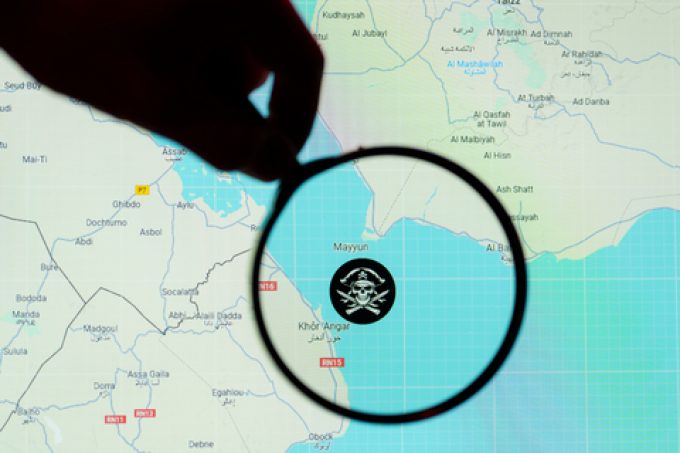Cargolux CEO proud of 'normal' 2023 profit; 'generally upbeat' on 2024
2023 might not have been Cargolux’s best-ever result: but it’s the one CEO Richard Forson ...

Last week, Houthi chief Abdul Malik Al-Houthi said there would be a stepping-up of operations in the Red Sea; and yesterday Maersk Line noted that the Red Sea “risk zone” had expanded, with “attacks reaching further offshore”.
The Loadstar reported on Friday that Maersk’s revised peak season surcharge on Asia-NOrth Europe is set to triple from $250 per teu to $750 per teu from 11 May.
However, between 15% and 20% of capacity had been “lost” to the situation in the Red Sea that “has intensified over the last few months,” said the Danish carrier, which experienced a 13% drop in revenues in Q1.
It told customers: “To safeguard our crew, vessels and your cargo, we are rerouting around the Cape of Good Hope for the foreseeable future… this has forced our vessels to lengthen their journey further, resulting in additional time and costs to get your cargo to its destination for the time being.”
The entry of highly trained Iranian military personnel into the Red Sea theatre, marked by the hijack of MSC Aries several weeks ago, has further complicated matters.
Maersk said. “The knock-on effects of the situation have included bottlenecks and vessel bunching, as well as delays and equipment and capacity shortages.”
Over the weekend, Israel launched an attack on an Iranian airbase, retaliation for an earlier Iranian airstrike which damaged an Israeli airbase.
“Iran got the message, and the whole world watching understands that the state of Israel isn’t a sucker,” said minister Miri Regev on Saturday.
Security expert Hans Tino Hansen, CEO of Risk Intelligence, gave The Loadstar his evaluation of the Houthi and wider Iranian threat.
“The Iranian IRGC has previously attacked Israeli commercial vessels with drones in the Arabian Sea and well into the Indian Ocean,” he said, but indicated that greater Iranian backing would be needed if the Houthis were to make good on their expansion pledge – and this support may not be forthcoming.
“It is our assessment that the Houthis could have the same reach [as Iran] if actively supported by the Iranians, but the question is whether the Iranians are willing to be so close to the ‘smoking gun’,” he said. “The attacks against shipping are primarily against US and UK-related vessels, and this would be an unprecedented step they probably would not like to take.
“In terms of the Eastern Mediterranean, attacks are possible, but much less likely given the lack of supporting assets.”
Meanwhile, Maersk said diversion around the Cape of Good Hope required 40% more fuel per ship, and that further alterations to surcharges were likely.
“While we reduced the peak season surcharge recently, it has been increased again to help cover the additional costs. We will continue to review the surcharges regularly and will keep you up to date of any changes,” it told customers.
Check out the inaugural News in Brief podcast, looking at recent ocean freight rates and rising surcharges, the key points of our recent ecommerce series and what’s on this week…
Comment on this article